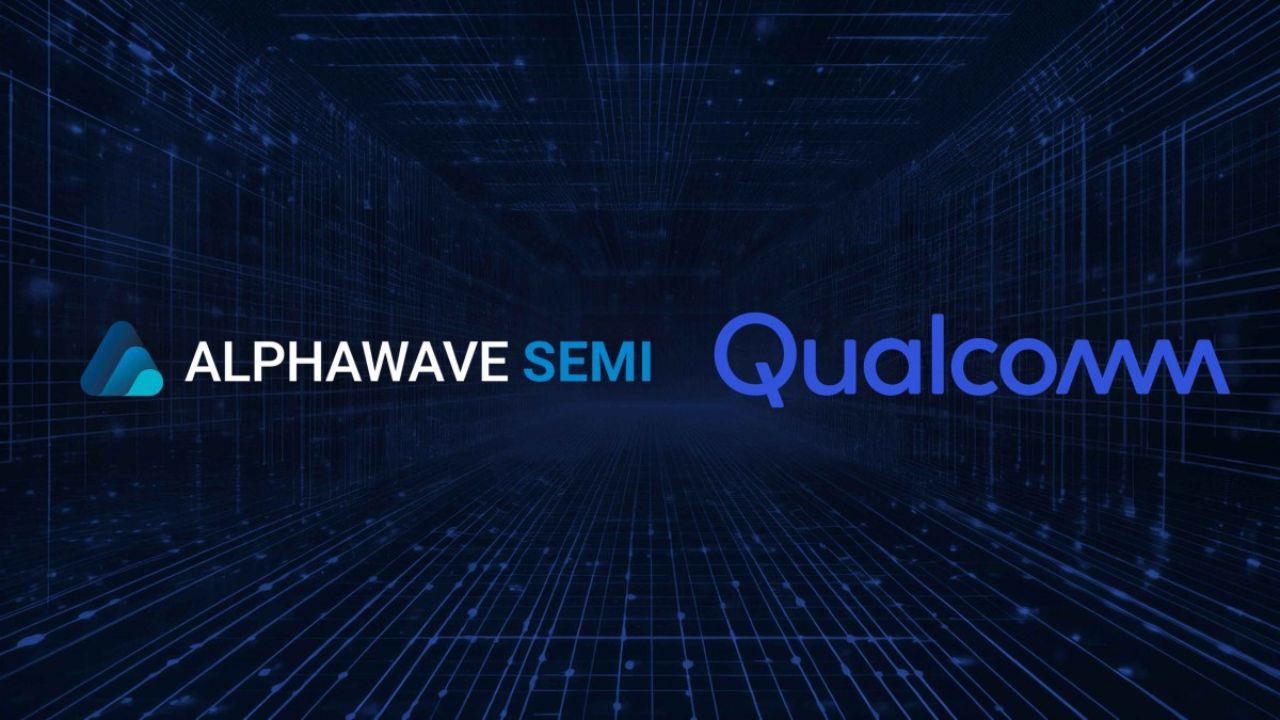In a bold move to expand its reach into the competitive data centre chip market, Qualcomm has announced the acquisition of UK-based chipmaker Alphawave Semi in a deal valued at $2.4 billion. The acquisition underscores Qualcomm’s renewed focus on high-performance, low-power chips aimed at artificial intelligence and data centre applications.
From Custom CPUs to Full-Stack AI Chips
The announcement comes on the heels of Qualcomm’s recent declaration that it is re-entering the custom CPU market for data centres. Just weeks ago, the company unveiled plans to build CPUs that integrate with Nvidia’s AI offerings. In addition, Qualcomm struck a collaboration with Saudi-backed AI firm Humain to co-develop chip infrastructure—another signal of its aggressive pivot towards data-centric technologies. Speaking at Computex, Qualcomm President and CEO Cristiano Amon described the company’s expansion into data centres as “the next step in our diversification.”
Also Read: FirstClub Unveils India’s First “Clean‑Label” Grocery App in Bengaluru
Alphawave: A Perfect Match for Qualcomm’s Chip Portfolio
Alphawave Semi specialises in high-speed connectivity and compute technologies, which Qualcomm sees as complementary to its own custom Oryon CPUs and Hexagon Neural Processing Units (NPUs). These processors are designed to meet the growing demand for AI inferencing and efficient computing power in modern data centres.
Also Read: Apple’s WWDC 2025 Shakes Up Every Screen You Own
Revisiting the Data Centre—But Smarter This Time
Qualcomm’s interest in the data centre isn't new. Back in 2017, it launched its Centriq processors aimed at this space. In 2021, it also acquired silicon startup Nuvia, hoping to revolutionise computing in the 5G era. However, that move led to a legal dispute with Arm over the licensing of Arm-based CPUs. Now, with the Alphawave acquisition, Qualcomm is doubling down. Alphawave’s close ties with Arm could reignite licensing complexities, particularly if pricing battles emerge, noted Sravan Kundojalla, analyst at SemiAnalysis.




